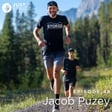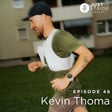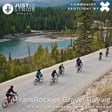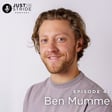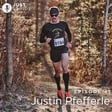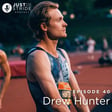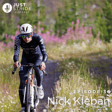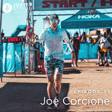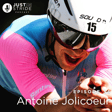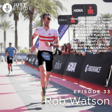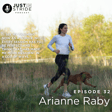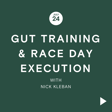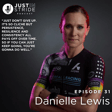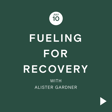
Alissa König living and training in Spain, battling through injury, Olympic dream, lessons to become a better athlete, changing coaches, change of scenery to improve mindset, working with a team, being the best version of herself, love of baking and family time
On today’s episode of Just In Stride, we’re joined by Swiss triathlete Alissa König, a standout competitor in short-course racing and a dedicated member of the Swiss national team. Alissa discovered triathlon at a young age and quickly embraced the sport's complexity and intensity.
Since then, she has represented Switzerland on the international stage, including a national title in the sprint distance and appearances at major European and World Triathlon events. Alissa approaches the sport with precision and purpose, continually refining her performance across all three disciplines.
In this episode, she shares her journey through triathlon, the challenges of elite competition, and her aspirations for the future. Whether racing internationally or recharging back home, Alissa moves through it all with clarity, purpose, and a deep love for the sport.
-------
Offer from Xact Nutrition: This episode is presented by our friends at Xact Nutrition and they are offering you 15% OFF your order when you use the code JUSTINSTRIDE. So head to xactnutrition.com and fuel your goals today! Now shipping in Canada and the U.S.
Offer from Lagoon : This episode is also brought to you by Lagoon sleep pillow and they are offering you 15% OFF your order when you use the code STRIDE. Mininum purchase of $74 USD required. Limited to one use per customer.
Thanks for tuning in to the Just In Stride Podcast. I truly appreciate you taking the time to listen and I hope you enjoyed that conversation as much as I did. Please take a minute after this to rate and review our show on Apple Podcasts. With your feedback we’ll be able to make the show even better and it’ll help us reach new listeners too. You can also find us on Instagram @justinstridepod and YouTube @justinstridepod for all the latest episodes and updates. Glad you came along for the ride with Just In Stride!
